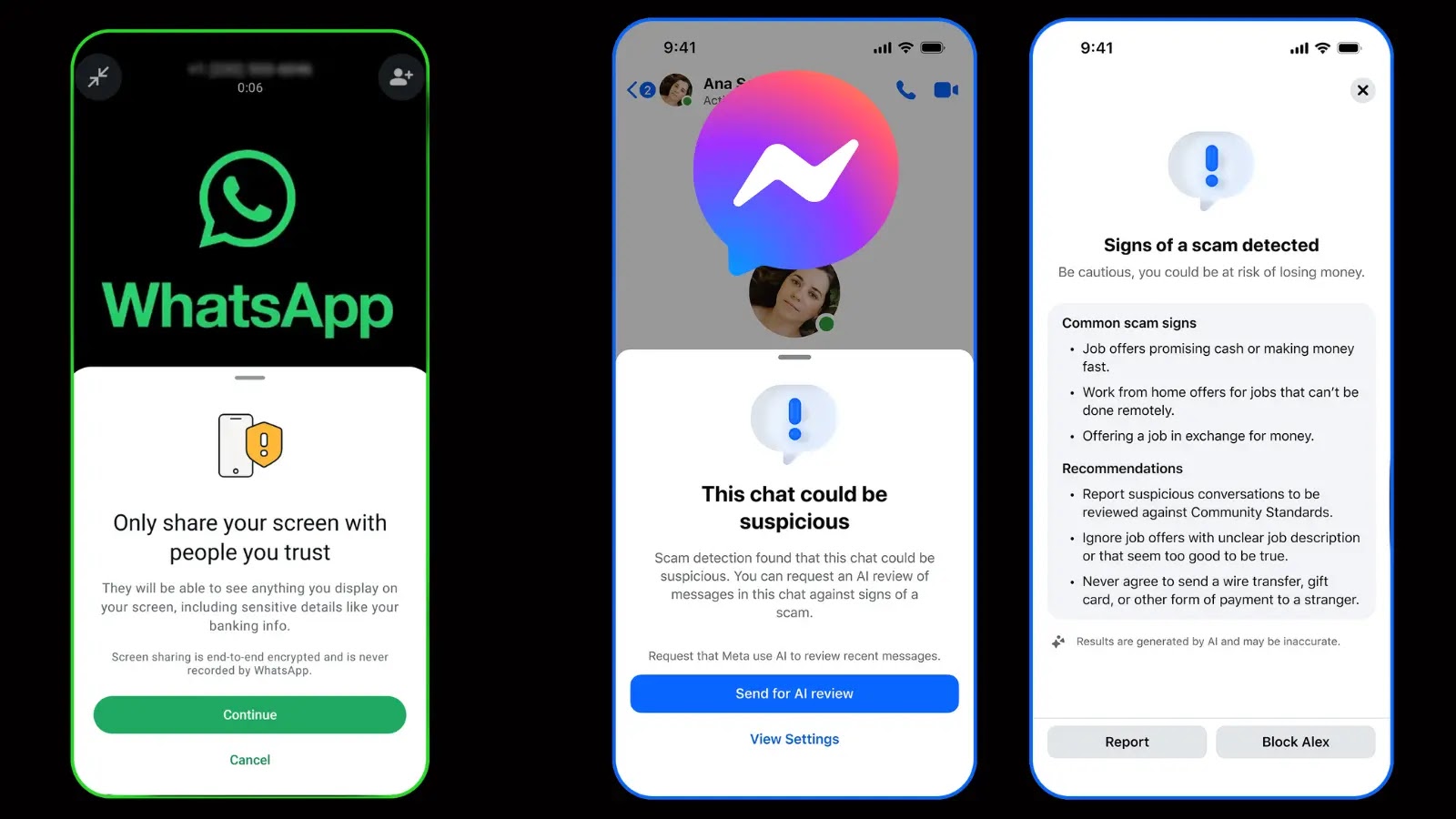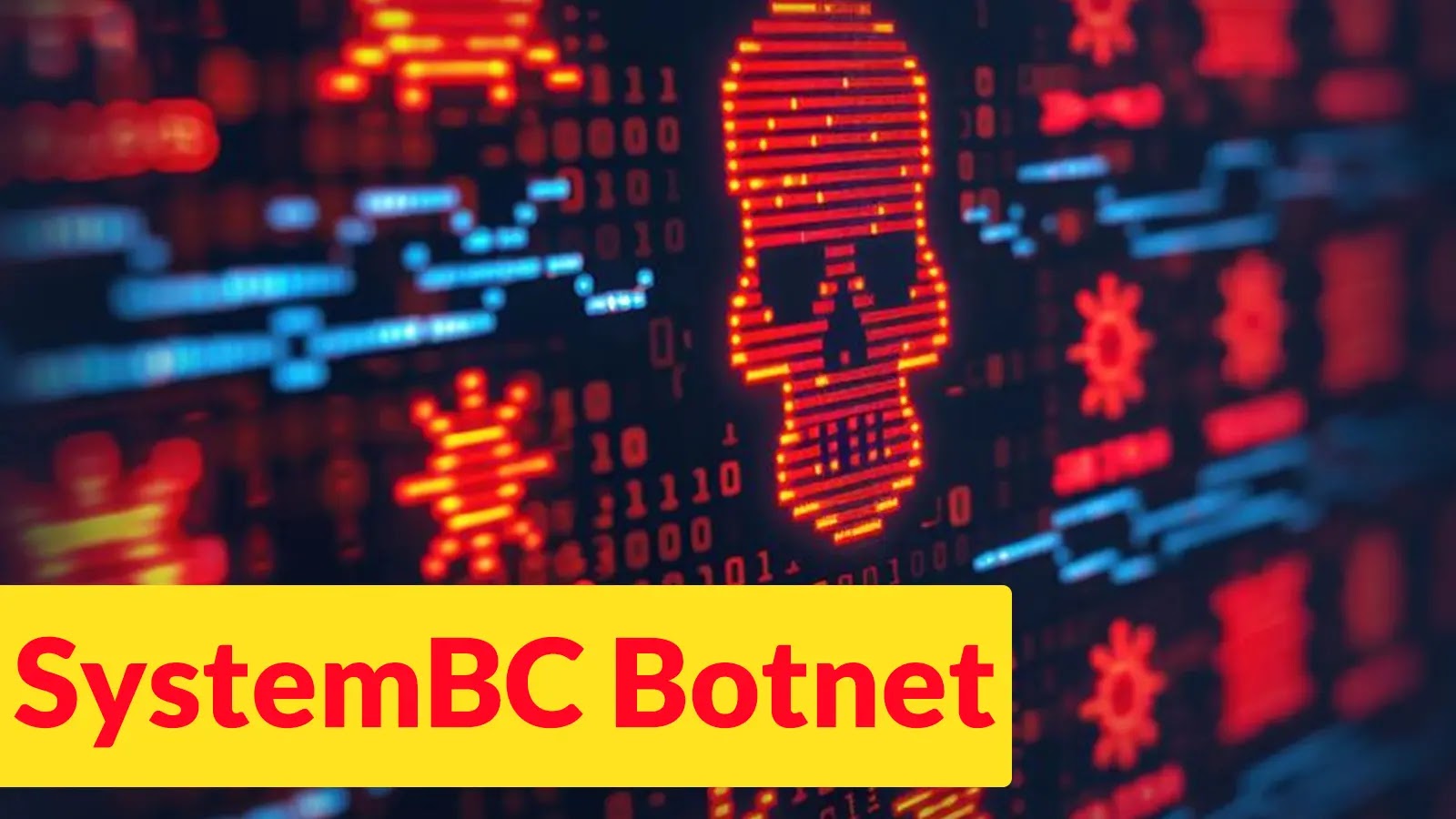Critical Linux Kernel Vulnerability Exploited to Deploy Ransomware
The U.S. Cybersecurity and Infrastructure Security Agency (CISA) has issued an urgent alert regarding a critical vulnerability in the Linux kernel, identified as CVE-2024-1086. This flaw resides in the netfilter: nf_tables component and enables local attackers to escalate privileges, potentially leading to ransomware deployment that could disrupt enterprise systems globally.
Understanding the Vulnerability
CVE-2024-1086 is a use-after-free vulnerability within the netfilter subsystem’s nf_tables component. Netfilter is integral to Linux’s packet filtering framework, managing network traffic through customizable rules. The flaw arises from improper memory management during the evaluation of these rules. Specifically, when a network table is destroyed, the associated memory is freed, but the pointer to this memory isn’t nullified. This oversight allows attackers to exploit dangling references, leading to arbitrary code execution with root privileges.
Exploitation and Impact
Attackers exploit this vulnerability by crafting malicious netfilter rules that trigger the improper memory deallocation. Once they gain local access—often through phishing attacks or exploiting weak credentials—they can execute these rules to escalate privileges. This escalation facilitates the deployment of ransomware variants like LockBit or Conti, which encrypt files and demand ransoms, causing significant operational disruptions.
Security researchers have observed that proofs-of-concept for exploiting CVE-2024-1086 have been circulating in underground forums since March 2024. Real-world attacks have notably increased in the third quarter of 2025, particularly targeting sectors such as healthcare and finance.
Affected Systems
The vulnerability affects a broad range of Linux distributions, including:
– Ubuntu versions 20.04 and 22.04 LTS
– Red Hat Enterprise Linux (RHEL) versions 8 and 9
– Debian versions 11 and 12
Specifically, systems running kernel versions prior to 6.1.77 are vulnerable. Given Linux’s widespread use in cloud infrastructures and Internet of Things (IoT) devices, the potential impact is extensive.
Mitigation Measures
CISA strongly recommends immediate action to mitigate this vulnerability:
1. Update the Kernel: Upgrade to Linux kernel version 6.1.77 or later, where the vulnerability has been patched.
2. Disable Unused Components: If the nf_tables component is not in use, consider disabling it to reduce the attack surface.
3. Apply Vendor Patches: Follow specific guidance from Linux distribution vendors. For instance, Ubuntu has released security notice USN-6190-1 addressing this issue.
4. Conduct System Scans: Utilize security tools like Lynis or OpenVAS to identify vulnerable kernels within your environment.
5. Implement Kernel Hardening: Enable security modules such as SELinux and monitor netfilter logs for suspicious activities.
In scenarios where updates are not immediately feasible, CISA advises discontinuing the use of affected products to prevent potential exploitation.
Broader Implications
This incident underscores the critical importance of timely patch management and proactive security measures in maintaining system integrity. The exploitation of open-source vulnerabilities for high-impact ransomware attacks highlights the evolving threat landscape. Organizations must remain vigilant, ensuring that their systems are up-to-date and that robust security protocols are in place to defend against such sophisticated threats.



